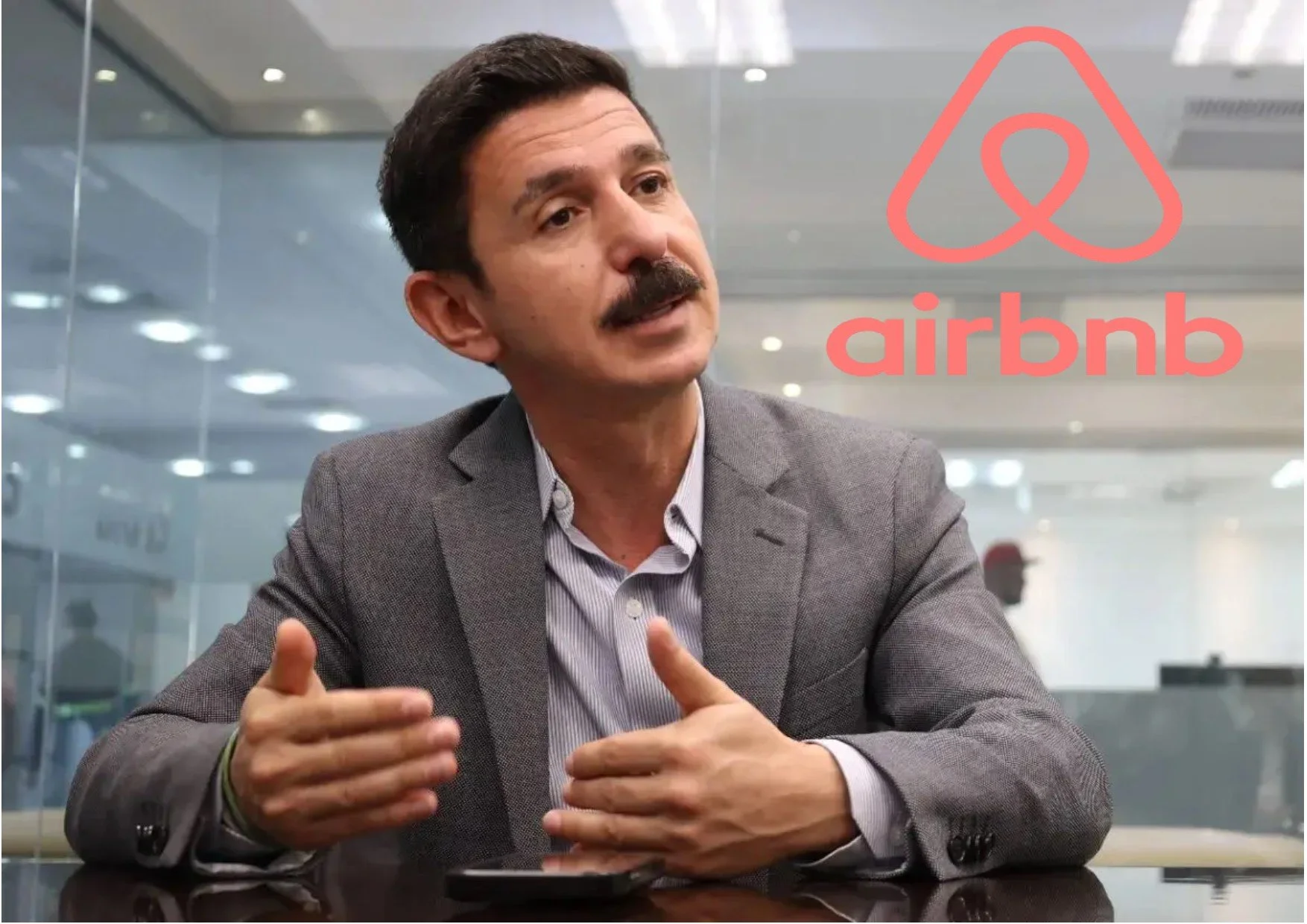Santo Domingo.- Airbnb executives have expressed a willingness to pay taxes in the Dominican Republic, provided the government updates its tax system to align with international standards for digital platforms. Carlos Muñoz, head of Public Policy and Government Affairs at Airbnb, emphasized the need for integration between their platform and the tax collection system through streamlined technology, which would alleviate concerns among local service providers about potential audits from the General Directorate of Internal Revenue.
Since 2021, Airbnb has been in discussions with the government to regularize its host community, advocating for clear regulations that would facilitate the integration of informal operators into the formal banking system. Muñoz also stressed the necessity for tax reform to include specific provisions for digital platforms, as the current legal framework lacks adequate regulation for these entities.
Airbnb is engaged in ongoing talks about tax reform, with concerns raised about the suggestion from the Association of Hotels and Tourism of the Dominican Republic (Asonahores) for digital platforms to act as tax withholding agents. Muñoz warned that this could disadvantage Airbnb compared to competitors that do not manage payments. He cautioned against the lengthy regulatory discussions seen in countries like Costa Rica, which delayed tax compliance for years, and advocated for adopting successful tax collection technologies from the European Union.
Muñoz highlighted that short-term rental platforms contribute to the Dominican tourism landscape by democratizing access, allowing diverse individuals to benefit from tourism and creating economic opportunities in remote communities through income generated from rental activities.

